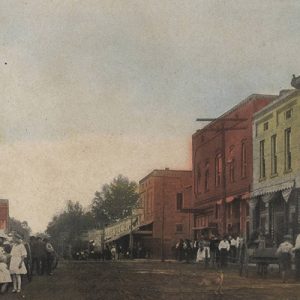 Warren Street Scene
Warren Street Scene
Entry Category: Cities and Towns - Starting with W
 Warren Street Scene
Warren Street Scene
 Warren Tornado
Warren Tornado
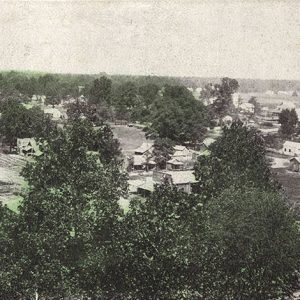 Warren View
Warren View
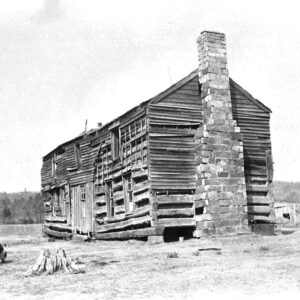 Washburn Home
Washburn Home
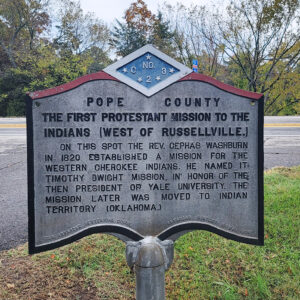 Washburn Memorial
Washburn Memorial
Washington (Hempstead County)
 Washington Avenue
Washington Avenue
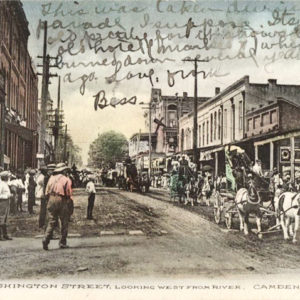 Washington Street
Washington Street
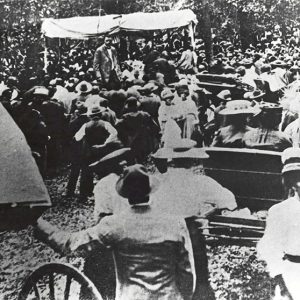 Booker T. Washington
Booker T. Washington
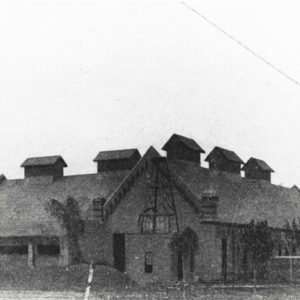 Water and Light Plant
Water and Light Plant
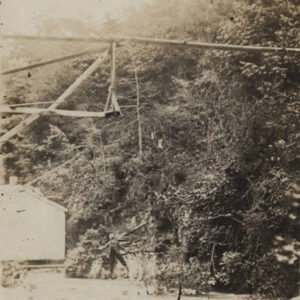 Water Troughs
Water Troughs
 Water Works
Water Works
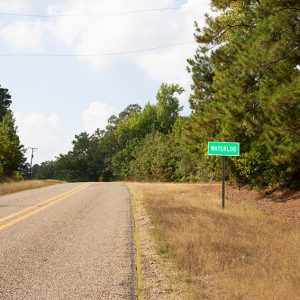 Waterloo
Waterloo
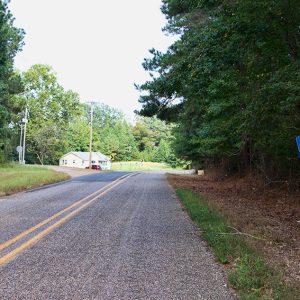 Waterloo Street Scene
Waterloo Street Scene
 Waters House
Waters House
Watson (Desha County)
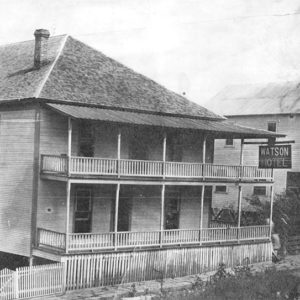 Watson Hotel
Watson Hotel
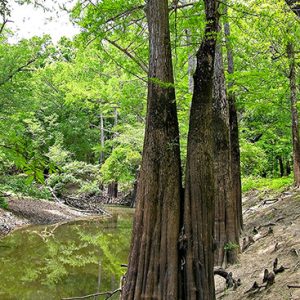 Wattensaw Wildlife Management Area
Wattensaw Wildlife Management Area
Wayside (Hot Spring County)
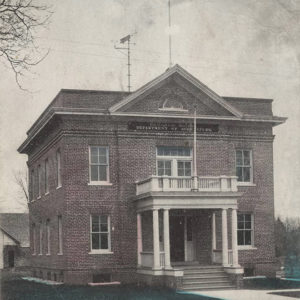 Weather Station
Weather Station
Weeks (Scott County)
Weiner (Poinsett County)
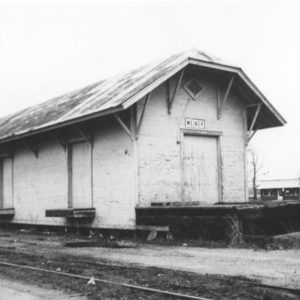 Weiner Depot
Weiner Depot
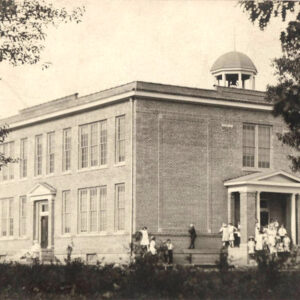 Weiner School
Weiner School
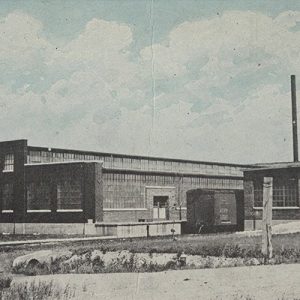 Welch's Factory
Welch's Factory
Weldon (Jackson County)
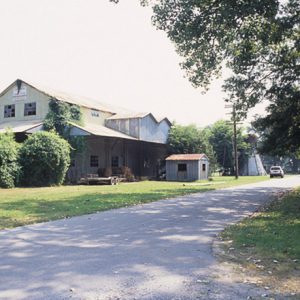 Weldon Gin Company Historic District
Weldon Gin Company Historic District
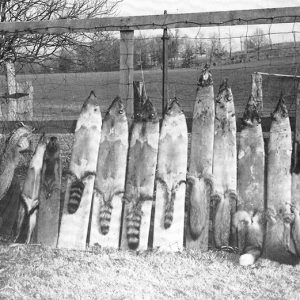 Hiram Wells with Coonskins
Hiram Wells with Coonskins
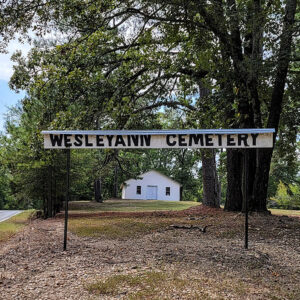 Wesleyann Cemetery
Wesleyann Cemetery
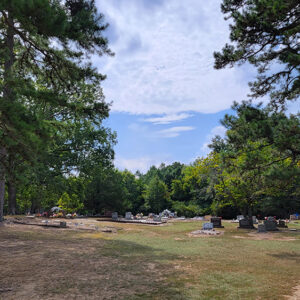 Wesleyann Cemetery
Wesleyann Cemetery
West Fork (Washington County)
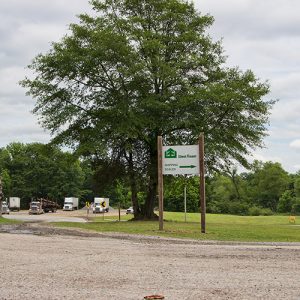 West Fraser Timber
West Fraser Timber
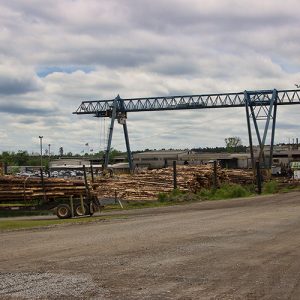 West Fraser Timber
West Fraser Timber
West Memphis (Crittenden County)
 West Memphis Street Scene
West Memphis Street Scene
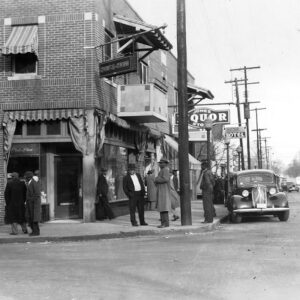 West Ninth Street
West Ninth Street
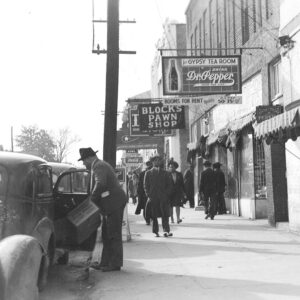 West Ninth Street
West Ninth Street
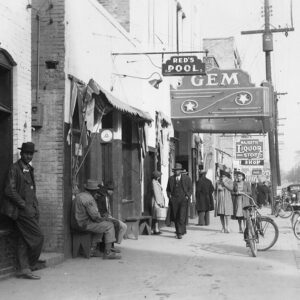 West Ninth Street
West Ninth Street
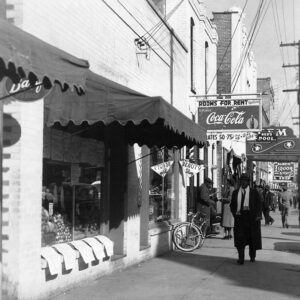 West Ninth Street
West Ninth Street
West Ninth Street (Little Rock)
aka: West 9th Street
West Point (White County)
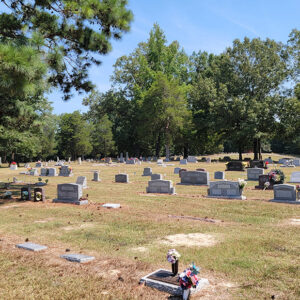 West Point Cemetery
West Point Cemetery
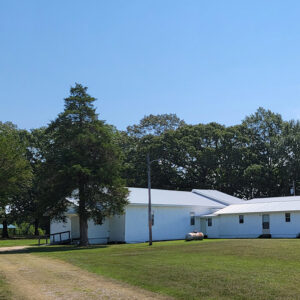 West Point Church
West Point Church
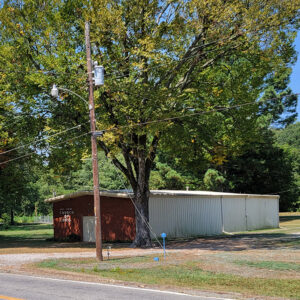 West Point Church
West Point Church
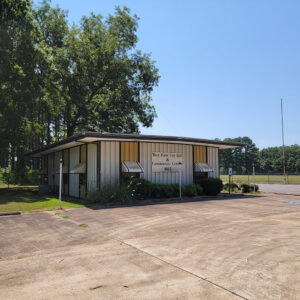 West Point City Hall
West Point City Hall
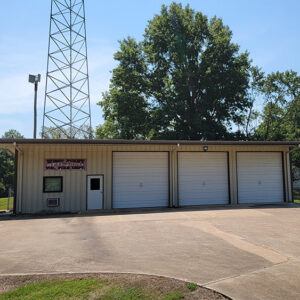 West Point Fire Department
West Point Fire Department
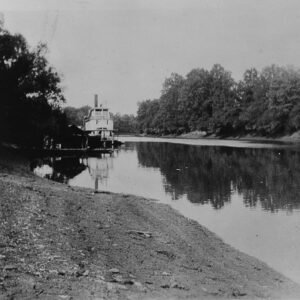 West Point Landing
West Point Landing
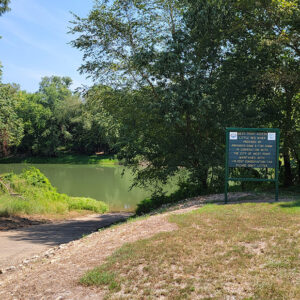 West Point River Access
West Point River Access
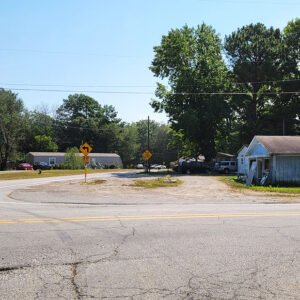 West Point Street Scene
West Point Street Scene
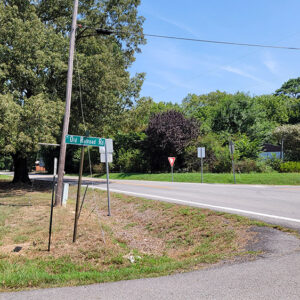 West Point Street Scene
West Point Street Scene




